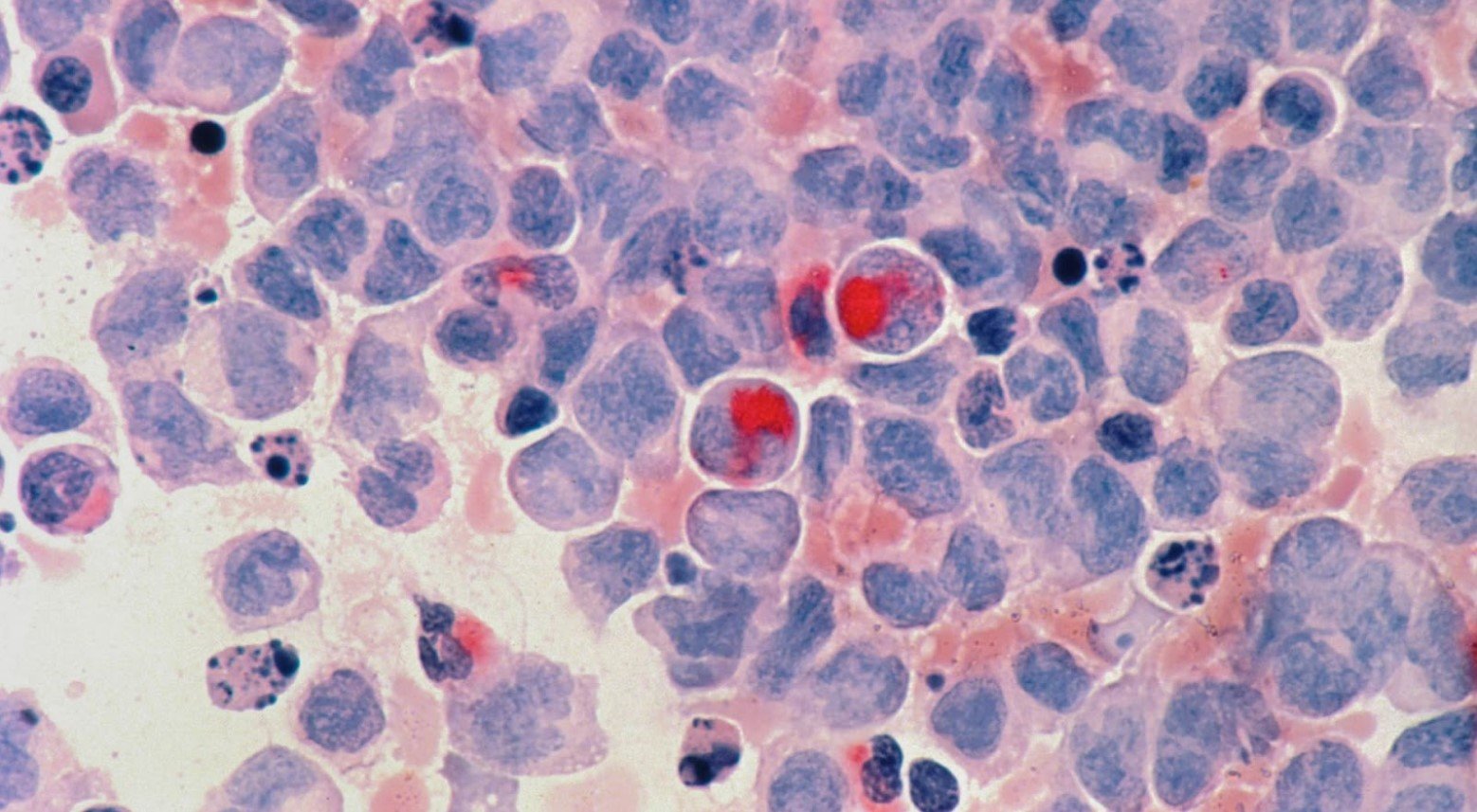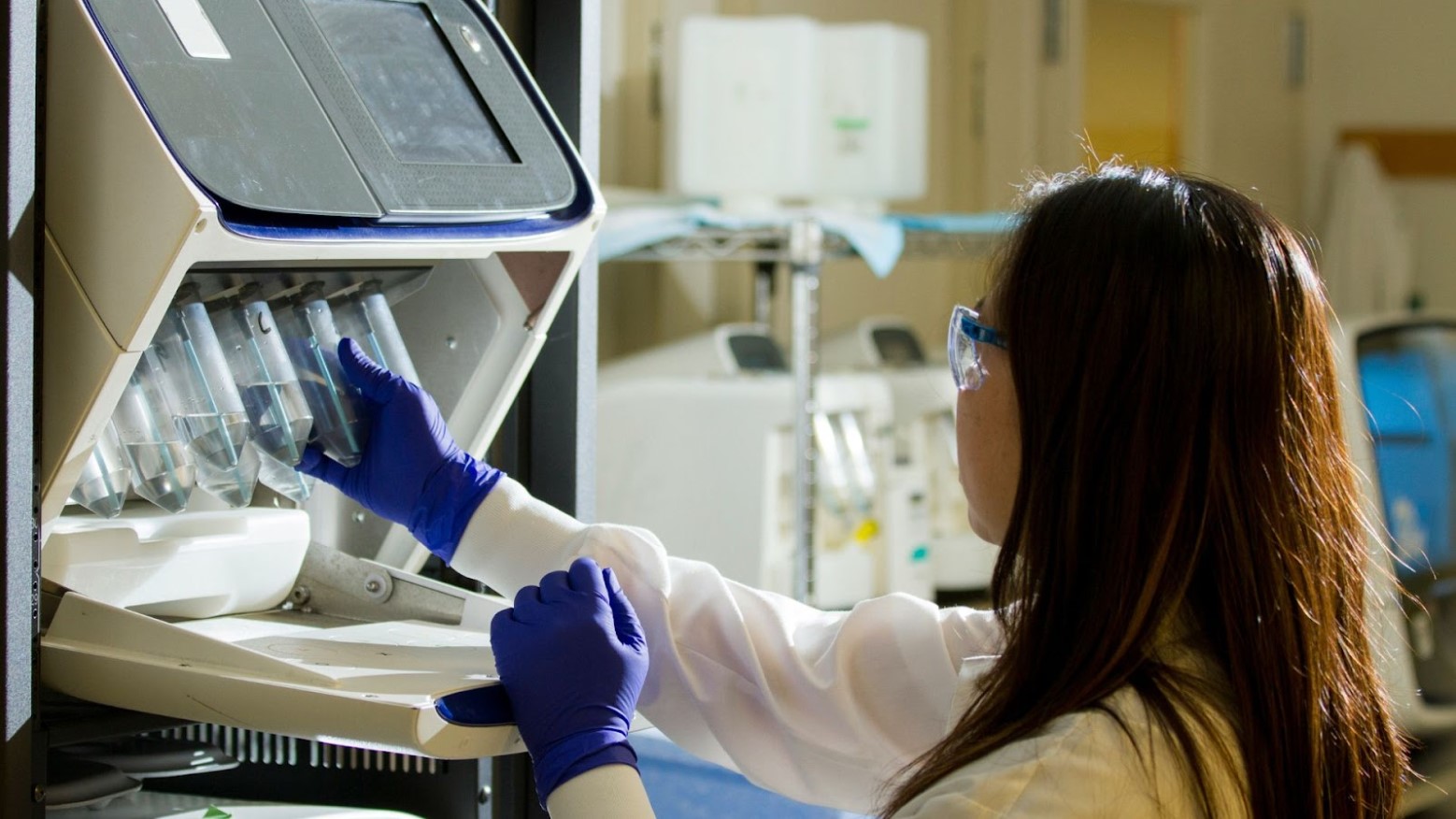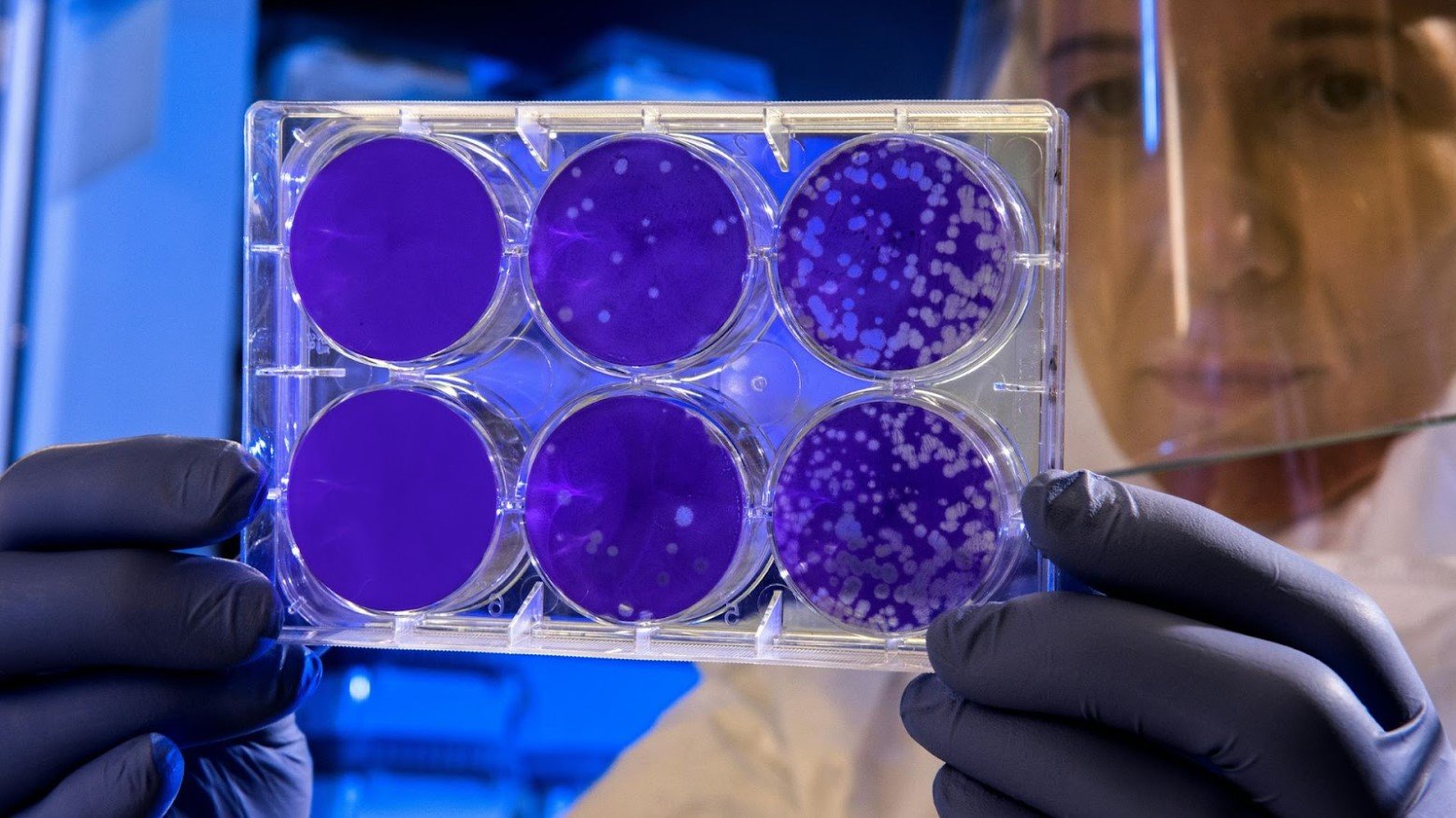Scientists have discovered that a common bacterium can significantly affect certain cancers, making them “melt.”
Researchers were “brutally surprised” to learn that Fusobacterium, typically found in the mouth, can kill certain cancers.
Improved Outcomes for Head and Neck Cancer Patients

A new study indicates that people with head and neck cancers harboring this bacterium have “much better outcomes.”
The exact biological mechanisms behind this discovery are being thoroughly investigated by researchers at Guy’s and St Thomas’ and King’s College London.
Comprehensive Research Approach

Their study, in collaboration with an international team, employed various methods to explore the link. Scientists used modeling to identify bacteria of interest, then examined the bacterium’s effect on cancer cells in a lab.
They also analyzed data from 155 patients with head and neck cancer from the Cancer Genome Atlas database.
Complex Relationship Unveiled

This research reveals a more complex relationship between these bacteria and cancer than previously known.
In essence, Fusobacterium appears to dissolve head and neck cancer cells.
Unexpected Findings Challenge Previous Research

Initially, academics anticipated different results, as previous research linked Fusobacterium to bowel cancer progression. In laboratory studies, researchers observed that when cancer cells were exposed to this bacterium, up to 99% of the cancer cells were killed.
Patient data analysis revealed that those with Fusobacterium in their cancers had better survival rates. The presence of this bacterium in head and neck cancers was linked to a 65% reduction in death risk compared to patients without the bacteria.
Researchers Astounded by Breakthrough

“Our findings are remarkable and very surprising.”
“We had a eureka moment when we found that our international colleagues also had data validating the discovery,” said senior study author Dr. Miguel Reis Ferreira.
Potential for New Treatments

The researchers hope this discovery will inform new treatments for head and neck cancers, which include cancers of the mouth, throat, voice box, nose, and sinuses.
Advances in therapy for these cancers have been scarce in the past 20 years, so this finding could lead to significant developments.
Understanding Mechanism Behind Bacteria’s Effect

Dr. Reis Ferreira explained to the PA news agency that the presence of these bacteria in head and neck cancers results in much better outcomes and that, in cell cultures, this bacterium can kill cancer.
The team is now focused on identifying the mechanism behind this effect.
“Essentially melt head and neck cancer cells”

“This research reveals that these bacteria play a more complex role than previously known in their relationship with cancer – that they essentially melt head and neck cancer cells”
“However, this finding should be balanced by their known role in worsening cancers, such as those in the bowel,” Ferreira said.
Bacterium Destroys Cancer Cells

Dr. Reis Ferreira noted that the team initially expected Fusobacterium to promote cancer growth or resistance to radiotherapy. Instead, they found that the bacterium destroyed cancer cells within days, even at low quantities.
Dr. Anjali Chander, senior clinical research fellow at King’s College London and lead author, said, “Our findings are remarkable and very surprising. We had a eureka moment when our international colleagues found data validating the discovery.”
Better Overall Survival

Dr. Reis Ferreira concluded that Fusobacterium could potentially be used to predict patient outcomes and tailor treatments accordingly, making them more compassionate and effective.
The study, published in the journal Cancer Communications, describes Fusobacterium as “toxic” for head and neck cancer and suggests its presence may lead to a better prognosis. The authors wrote, “Fusobacterium detectability was associated with both better overall survival and better disease-specific survival.”
Support for Groundbreaking Research

Barbara Kasumu, executive director of Guy’s Cancer Charity supported the study.
Kasumu said, “We are proud to support the ground-breaking research conducted by Miguel and Anjali, which aims to enhance our understanding of head and neck cancer and develop more compassionate and effective treatments.”








































